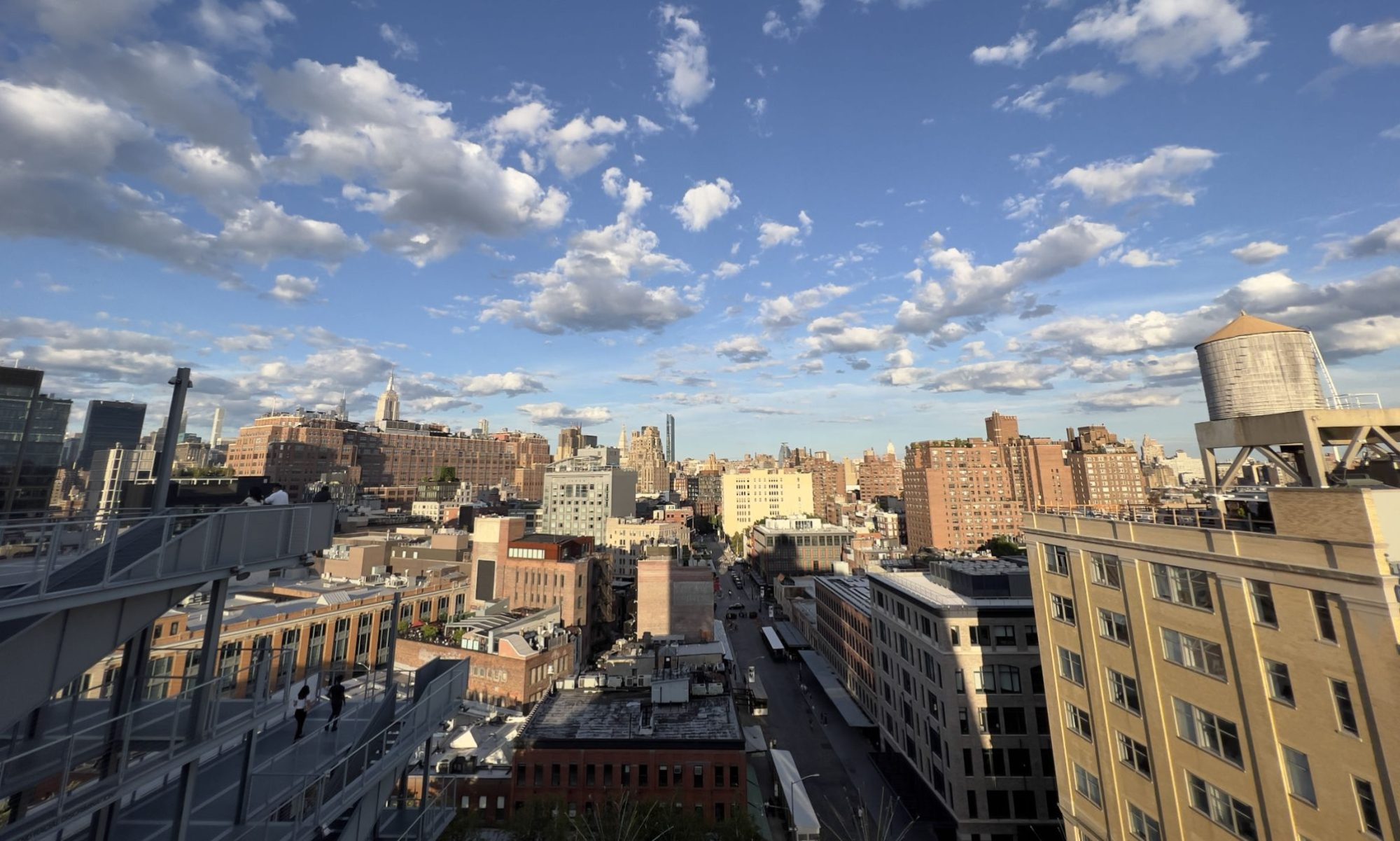„Orang Hollanda” in East India. Dutchmen’s Self-Portrait at the Turn of the Seventeenth and Eighteenth Century as Seen through the Literary Lens
The period of the „Golden Age” meant for Dutch people a time of an unprecedented economical prosperity, cultural development and growing political stabilization. By the end of the sixteenth century the Dutch began to conquer the world. In 1597 they landed in East India. The Dutch East India Company (Vereenigde Oost-Indische Compagnie) founded numerous merchant factories whose aim was to deliver to Europe different spices. The Dutch contact with other cultures, their attempts to find a common language with the natives and, on the other hand, an attitude displaying cultural and religious supremacy of the civilized West constitute a self-portrait of the Dutch at the turn of XVII and XVIII century. It is my aim in this paper to present this portrait on the examples of two travelers: Georgius Everhardus Rumphius (1627-1702) and François Valentijn (1666-1727).
Otwórz Artykuł